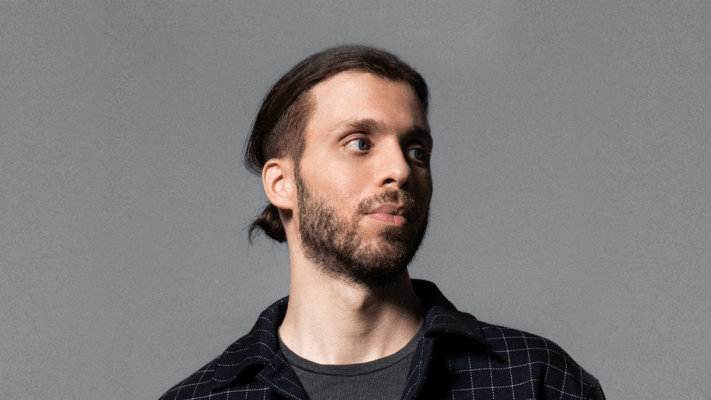Nonprofit Arts Help is launching a $6 million fund to build the world’s first digital climate library to provide public access to the archives of the United Nations Framework Convention on Climate Change (UNFCCC).
The UNFCCC, which was formed in 1992, has more than 1.7 million paper documents related to the treaty, many of which are in poor condition and are organized using outdated cataloging methods, according to Arts Help founder Mo Ghoneim.
Ghoneim wants to digitize the documents, audiovisual recordings and transcripts that are stored in analog formats. The goal is to preserve the treaty’s long legacy and make the files searchable and available to anyone.
“We really saw an opportunity to harness our ability to integrate innovation and tech, and arts and creativity to support this project and bring it to life,” Ghoneim told TechCrunch+, adding that the UNFCCC has acknowledged the urgency of this initiative.
“The climate library, for us, is an opportunity to provide some transparency over the last 30 years of conversation, research and documentation that has been produced by the UNFCCC.”
Underpinning the ambitious climate library is another initiative by Arts Help called Conscious Corporation, a sustainability and DEI certification program for small and midsized businesses. Ghoneim said such organizations are currently overlooked by existing offerings, such as the B Corp certification. Arts Help’s program would collect fees that would go toward digitizing the archive, and it’s also a key plank in the organization’s fundraising. “That’s how we’re raising the $6 million, primarily,” he said.
“There’s so many different buzzwords from ESG to CSR. It’s all very complicated. So we thought, OK, how do we simplify? How do we add value to them at least getting started? And if they’re already started, how do we get them updated?”
Conscious Corporations consists of a series of video-based “mini master classes,” Ghoneim said, which serve as a mini boot camp for sustainability and DEI initiatives. “As you’re completing them, you’re answering a couple of questions. And when you’re completely done, you’re able to formulate a policy, and formulating that policy is dependent on your corporation’s size. It’s dependent on what your core values are.”
“For a corporation, a lot of people just assume sustainability is all about climate change. But there’s a different lens, also through sustainability as an organization, for your employees, for how you function and the health of your organization.”
Arts Help, which launched in 2013, hails itself as one of the largest creative platforms in the world, providing grants and opportunities to artists and founders committed to social equality. Ghoneim said this is one of many initiatives his organization seeks to launch in the next five years to provide educational resources for climate and sustainability.
The lack of access to proper climate information has become imperative as the Earth’s temperature swells. The nonprofit’s program comes in the wake of the latest IPCC climate report, which stated that the Earth’s temperature will soon reach catastrophic levels. Aside from being unorganized, many current reports regarding the climate crisis are in English, which makes them further inaccessible to the countries and communities impacted the most by the crisis.
“There’s urgency for this because of the current state of the current documents,” Ghoneim said, adding that the ink is starting to fade on some of the documents.
In addition to digitizing information, the climate library will seek to translate important documents to make them further accessible to the public, Ghoneim noted.
“Everyone from climate change activists, researchers, education and educators” would benefit from having broad access to the UNFCCC’s full archives, Ghoneim said. “Even some of the governments who have actually made commitments over the last 30 years don’t have access to their own documentation. We have been very vocal to say, ‘this is unacceptable.’”
